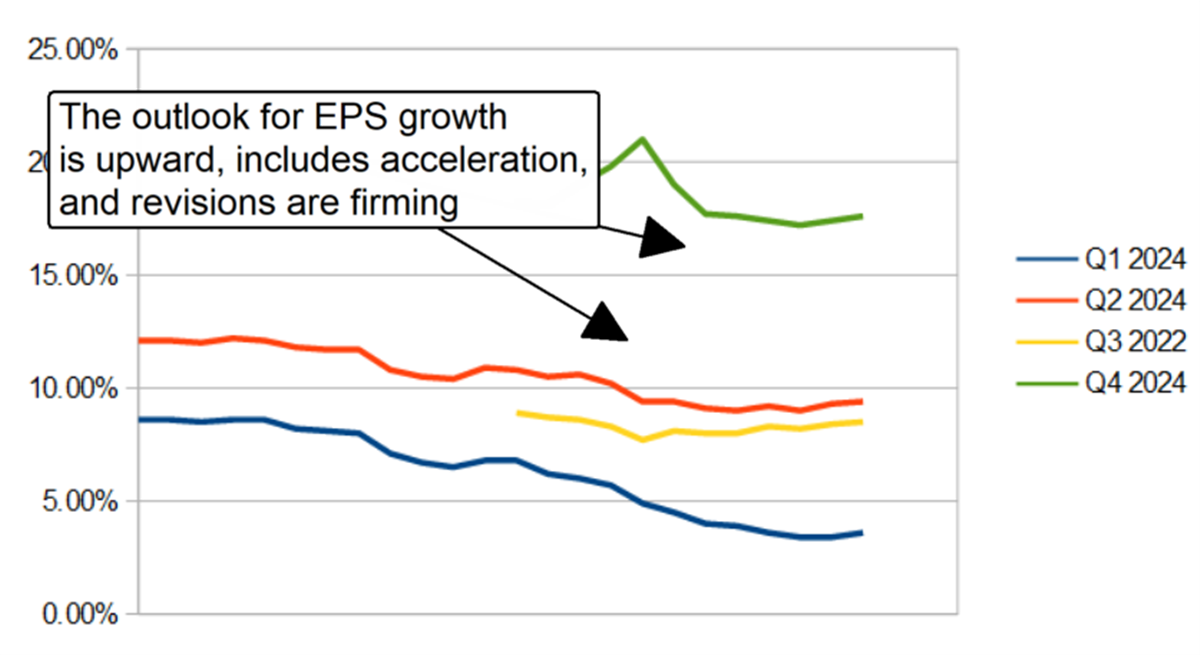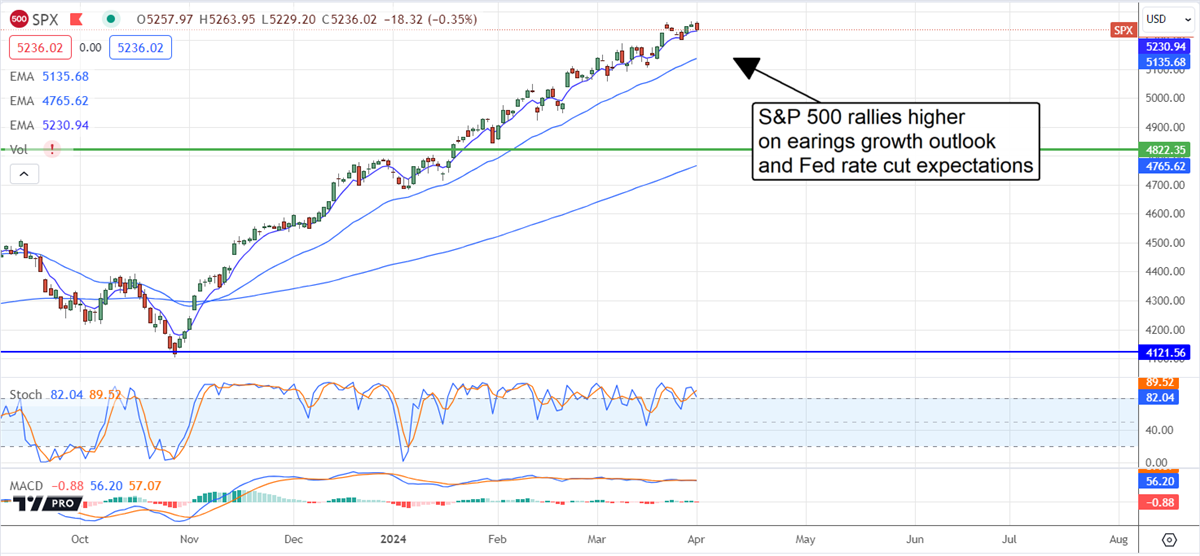Financial News
More News
View More
Credo Just Pulled Back—This Might Be the Cleanest Entry Point ↗
Today 13:19 EST
Cash Is King: DigitalBridge Is the Ultimate Defensive Play ↗
Today 12:04 EST
Recent Quotes
View More
Stock Quote API & Stock News API supplied by www.cloudquote.io
Quotes delayed at least 20 minutes.
By accessing this page, you agree to the Privacy Policy and Terms Of Service.
Quotes delayed at least 20 minutes.
By accessing this page, you agree to the Privacy Policy and Terms Of Service.
© 2025 FinancialContent. All rights reserved.











